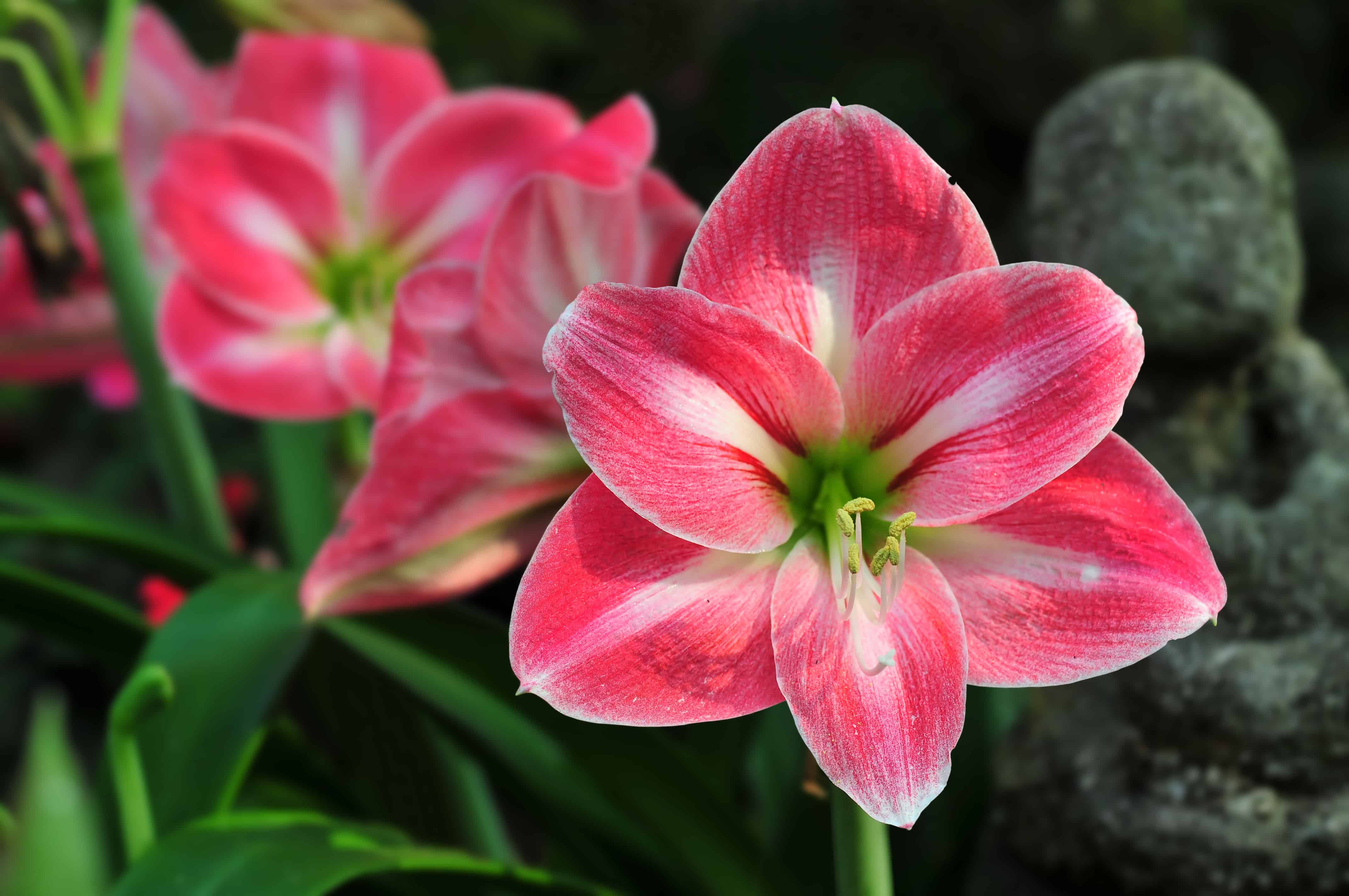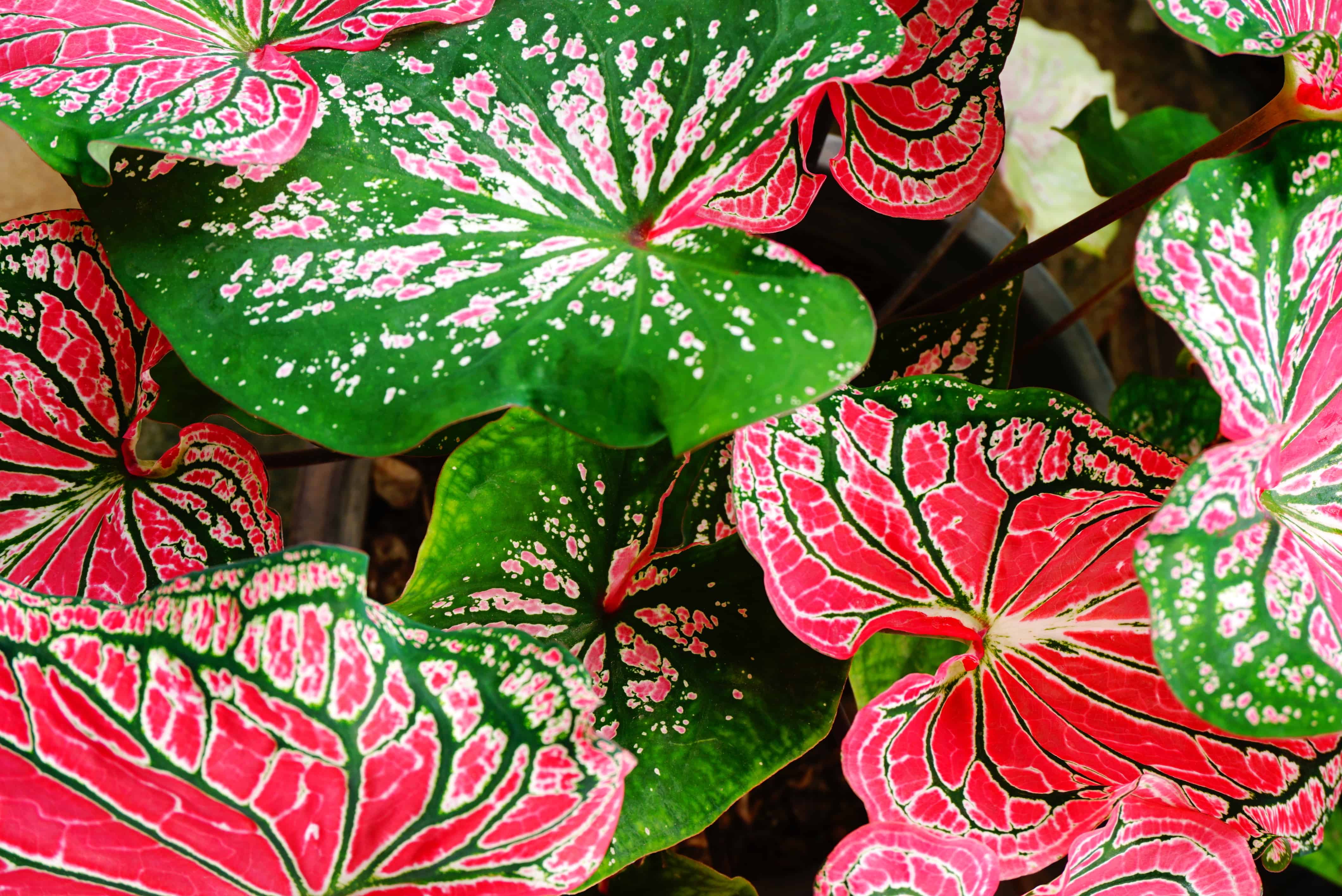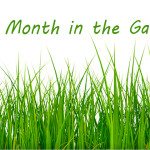Well, it’s a good thing that April showers bring May flowers! The weather in March and April has been a ping-pong game, bouncing back and forth between winter and spring. Finally, in May, spring is in full bloom. Our plants, however, are about a month behind normal for the season as far as growth and bloom. When the weather has unseasonable changes, it causes the plants to go into a state of stress where growth, flowering and production all slow down. For vegetable plants it can also reduce the plant production for the season.
Bulbs are a good choice for May flowering plants in our region. These include lilies, amaryllis, begonias, caladiums, rain lilies and more. The reason bulbous plants grow well here is because they have a large root system that exists underground. Therefore, when it gets very hot, the main support and structure of the plant is not affected by the heat as it is safely tucked away underground in the cooler soil. Neat trick, bulbs!
 Be careful when shopping for annuals. It is important to understand how much sunlight a certain variety of plant will require and accommodate those needs. By definition, annuals will live for one year. However, in Florida, it is important to know that many cool-season, hardy annuals will expire at the end of a season. This is due to the very hot weather conditions in Central Florida. The opposite can also happen to warm-season annuals, where it’s a heat-tolerant plant that is very tender and affected by the cold. These annuals will be damaged by a frost or freeze and likely die.
Be careful when shopping for annuals. It is important to understand how much sunlight a certain variety of plant will require and accommodate those needs. By definition, annuals will live for one year. However, in Florida, it is important to know that many cool-season, hardy annuals will expire at the end of a season. This is due to the very hot weather conditions in Central Florida. The opposite can also happen to warm-season annuals, where it’s a heat-tolerant plant that is very tender and affected by the cold. These annuals will be damaged by a frost or freeze and likely die.
 Many herbs are delicate and do not do well in full sun even in the springtime. Here are some herbs that will grow well now and some that will grow even into the summer months. For the spring, sweet basil, parsley, dill, garlic, and ginger grow well. Going into the summer, mint and rosemary will still produce well, thriving on the cool down from our afternoon showers.
Many herbs are delicate and do not do well in full sun even in the springtime. Here are some herbs that will grow well now and some that will grow even into the summer months. For the spring, sweet basil, parsley, dill, garlic, and ginger grow well. Going into the summer, mint and rosemary will still produce well, thriving on the cool down from our afternoon showers.
When plants are under stress, the pests are not far behind, so you might be dealing with more pests than normal in your garden this month. The good news is, once the weather is consistently warm and it feels like spring, the plants will naturally adjust. The pests that appeared due to stress will also leave once the plant is back to full health. One go-to in the vegetable garden to treat pests is neem oil spray. It comes from a neem tree and can be an organic method for treating aphids, spider mites, scale, whiteflies, beetles, leafrollers, and other insect pests. Neem oil can also be used as a fungicide to treat diseases like black spot and powdery mildew. It is very easy to use, just dilute two tablespoons into one gallon of water and use a spray bottle for application. Be sure to only apply neem oil in the morning or evening – not when there is direct, hot sun in the garden. This can burn the leaves of the plants. There are additional benefits of applying the neem oil in the evening as other non-beneficial insects like moths only come out at night and can be treated with the neem oil.
Are there good bugs in the garden? Yes, absolutely! Honey bees that pollinate and ladybugs are the most popular beneficial insects. That is another reason I recommend neem oil. It does not harm honey bees or ladybugs. As a side note, worms and lizards are also beneficial to the garden. Worms continuously process dirt into compost; now that’s amazing! Lizards eat the bad bugs and help maintain a healthy environment. Happy gardening, Lake Nona!
Amber Harmon is the owner of My Nona’s Garden, an organization with a mission to bring health, promote growth and provide growth to local communities, one garden at a time. Visit www.MyNonasGarden.com for more information. “We make organic vegetable gardening easy!”


